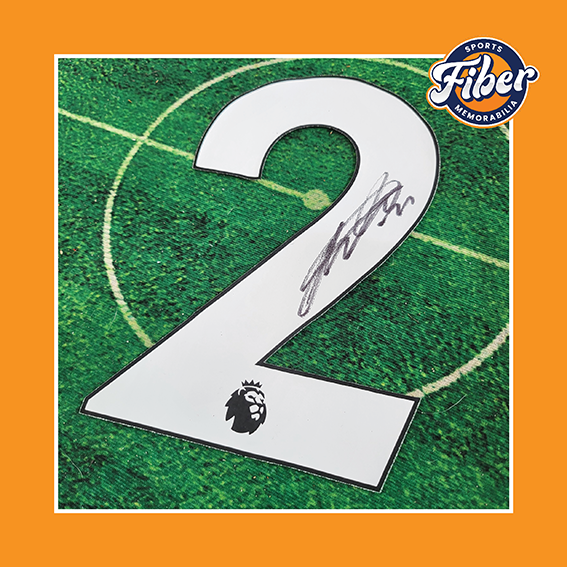Jersey Numbers: More Than Just a Digit
The humble football jersey number is more than just a numerical identifier; it's a symbol, a tradition, and often, a reflection of a player's role and impact on the game. Over the years, certain numbers have come to be associated with specific positions, while others have taken on a life of their own through the exploits of iconic players. Let’s delve into the fascinating world of jersey numbers.
The Traditional Numbering System
Traditionally, football jersey numbers were assigned based on a player's position on the field. Lower numbers were typically given to defenders, midfielders wore numbers in the middle range, and forwards were allocated the higher numbers. This system was fairly rigid & predictable. For instance, the number 1 was reserved for the goalkeeper, while numbers 2 and 3 were usually assigned to full-backs. Central defenders often wore numbers 4 and 5, with midfielders ranging from 6 to 8. The creative playmakers typically wore numbers 9 & 10, while the strikers were given numbers 9, 10, and 11.
The Rise of Individuality
In recent decades, the rigid structure of jersey numbers has loosened, allowing players more freedom in their choice. While some players still adhere to the traditional system, others have embraced the opportunity to pick numbers that hold personal significance. Some choose numbers that correspond to their birth dates, while others opt for numbers that represent lucky charms or personal milestones.
Certain jersey numbers have become synonymous with football greatness. The number 7, for example, is often associated with wingers and attacking midfielders. Players like Cristiano Ronaldo, David Beckham, and Eric Cantona have elevated the number to iconic status. Similarly, the number 9 is inextricably linked with strikers. Players like Ronaldo Nazario, Gerd Müller, & Alan Shearer have cemented the number's reputation as a goal-scorer's jersey.
The number 10, traditionally worn by the play maker, has also become a symbol of creativity and flair. Players like Lionel Messi, Diego Maradona, and Pelé have redefined the role of the number 10, making it one of the most coveted jerseys in football.
Cultural and Regional Variations
The significance of jersey numbers can vary across different football cultures. In some countries, certain numbers hold particular importance. For instance, in Italy, the number 10 is often associated with the trequartista, a deep-lying playmaker role that has a rich history in Italian football.
The Modern Era
With the increasing commercialization of football, jersey numbers have also become marketing tools. Some clubs offer fans the opportunity to choose their own jersey number, creating a unique connection between the player and the supporter. Additionally, the introduction of squad numbers in many leagues has further blurred the lines between traditional and modern numbering systems.
While the traditional significance of jersey numbers may be fading, their ability to evoke emotions and memories remains strong. Whether it's the nostalgia of a classic number or the excitement of a player's personal choice, jersey numbers continue to be an integral part of the beautiful game.
